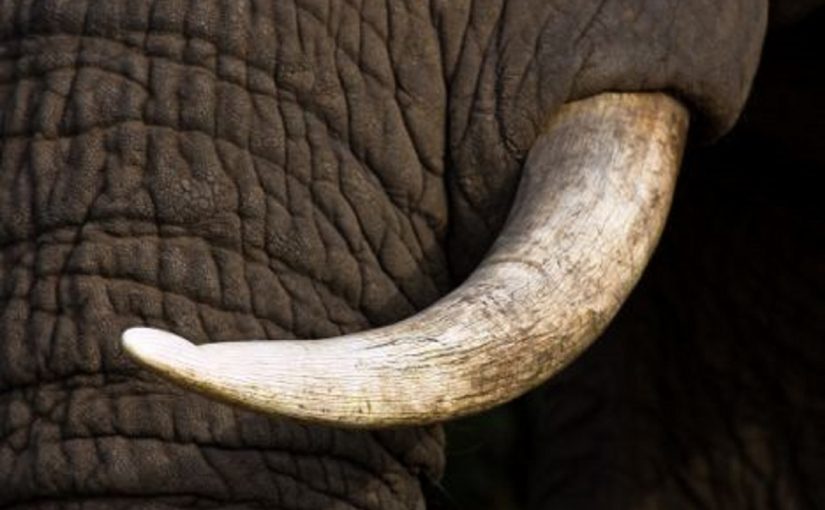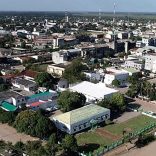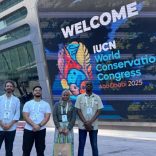Mozambique: Quelimane invests $150,000 in youth-led climate action projects
Mozambique: Over 1,700 poachers “neutralised” – AIM report

in file CoM
The Mozambican authorities “neutralised” 1,782 poachers in the period between 2014 and 2019, the Minister of Land and Environment, Ivete Maibaze, announced in Maputo on Wednesday.
Speaking at the launch of the campaign “Poaching steals from all of us”, she said that in the same period action had been taken against more than 9,000 illegal loggers and miners working in the country’s conservation areas.
Conservation staff had removed and destroyed 30,916 traps and snares and had confiscated 476 firearms. Also seized from smugglers over the same period were 4.4 tonnes of ivory and 190 kilos of rhinoceros horns.
Maibaze attributed these successes to cooperation between the National Administration of Conservation Areas (ANAC), the customs service, the recently created police unit that protects natural resources and the environment, the Attorney General’s Office and the National Criminal Investigation Service (SERNIC).
She added that the introduction of a police dog unit in Maputo International Airport has proved an effective means of dissuading smugglers in illicit wild life products.
These administrative measures, Maibaze said, “are just a way of establishing order in the exploitation and use of common assets”. More important in the long run would be “a national campaign to raise awareness of the evils of poaching and of other forms of the undue use of the country’s biological resources”.
Maibaze stressed the “new paradigm” of involving the private sector in the management of conservation areas. The new Strategic Plan of ANAC, she said, is intended “to integrate equitably the interests of the local communities, the private sector and the state”.
“This approach makes it possible to maximise the synergies of the main actors”, she added. “This results in reducing negative impacts on biodiversity, and reducing levels of poverty, particularly in the rural areas, through activities aimed at human development and at the sustainable financing of the conservation areas”.
With such an approach, Maibaze said, “we think it will be possible for the conservation areas to build a solid base of scientific knowledge, and improve their management and financial capacity, thus increasing the benefits for local communities, through programmes of human development, the generation of household income and job creation”.












Leave a Reply
Be the First to Comment!
You must be logged in to post a comment.
You must be logged in to post a comment.